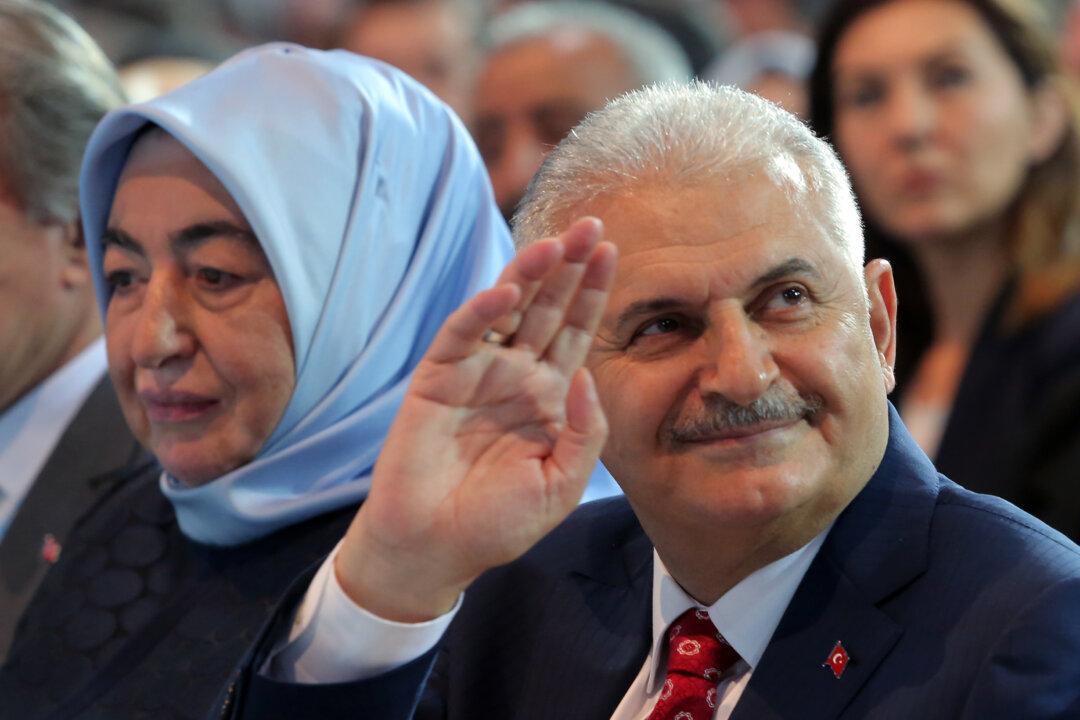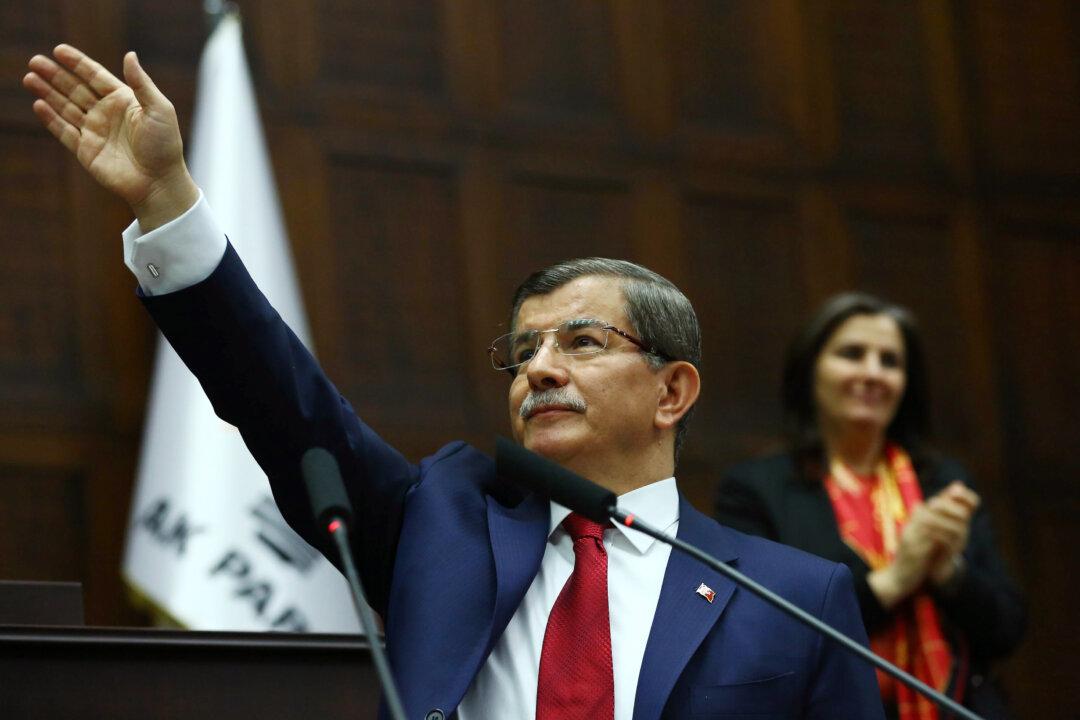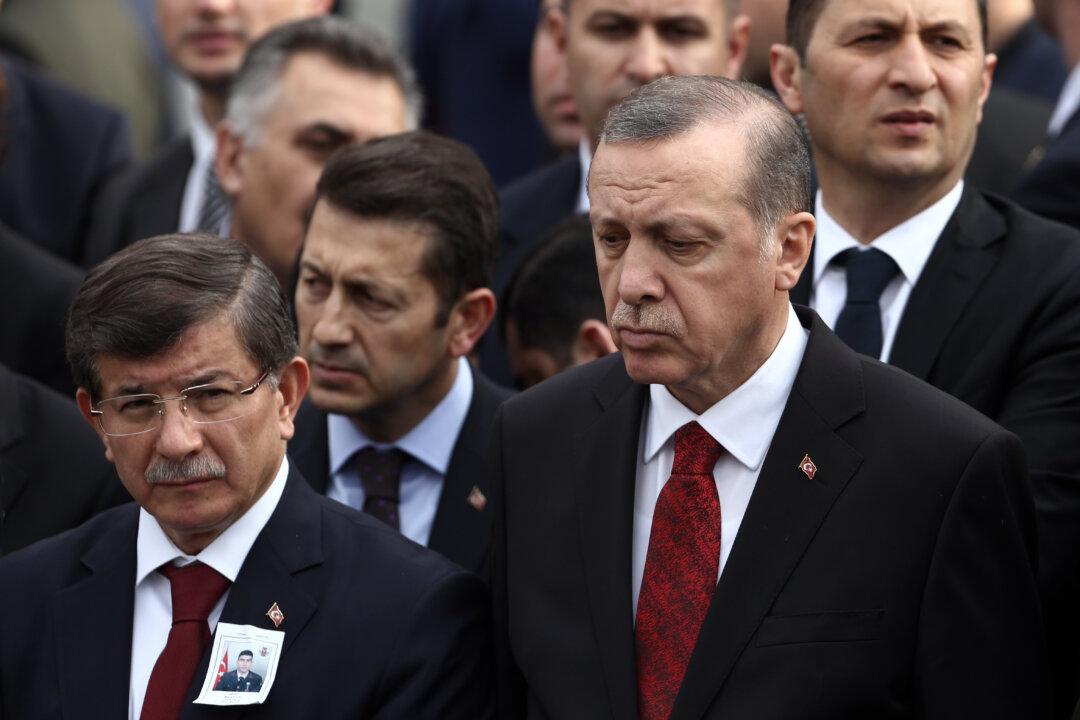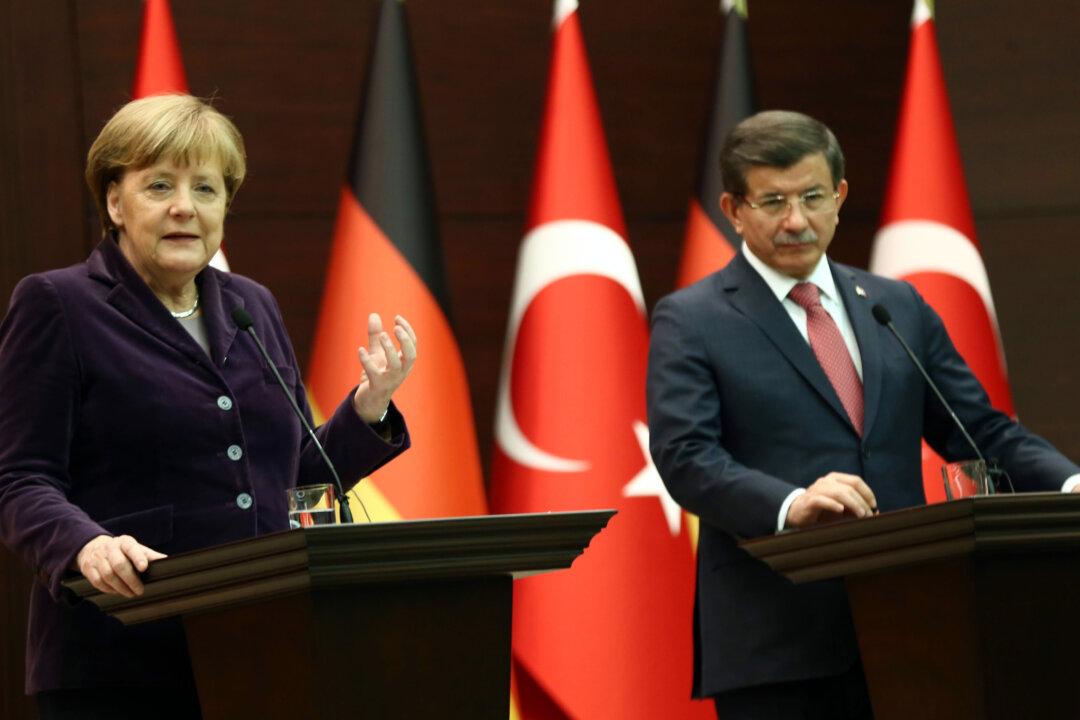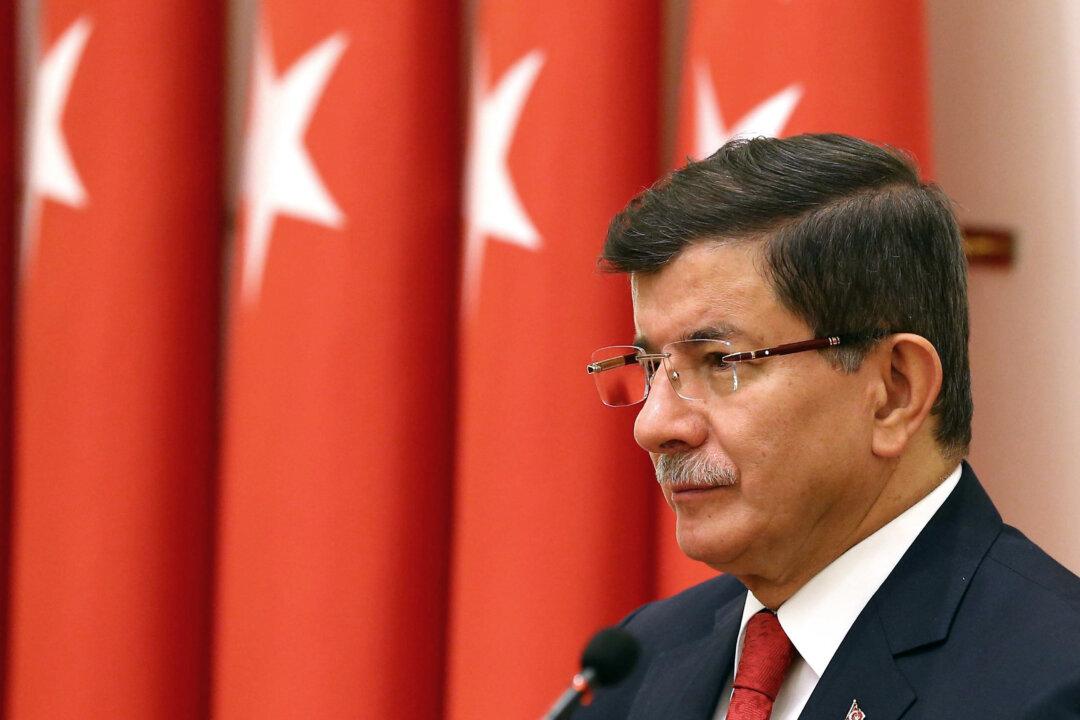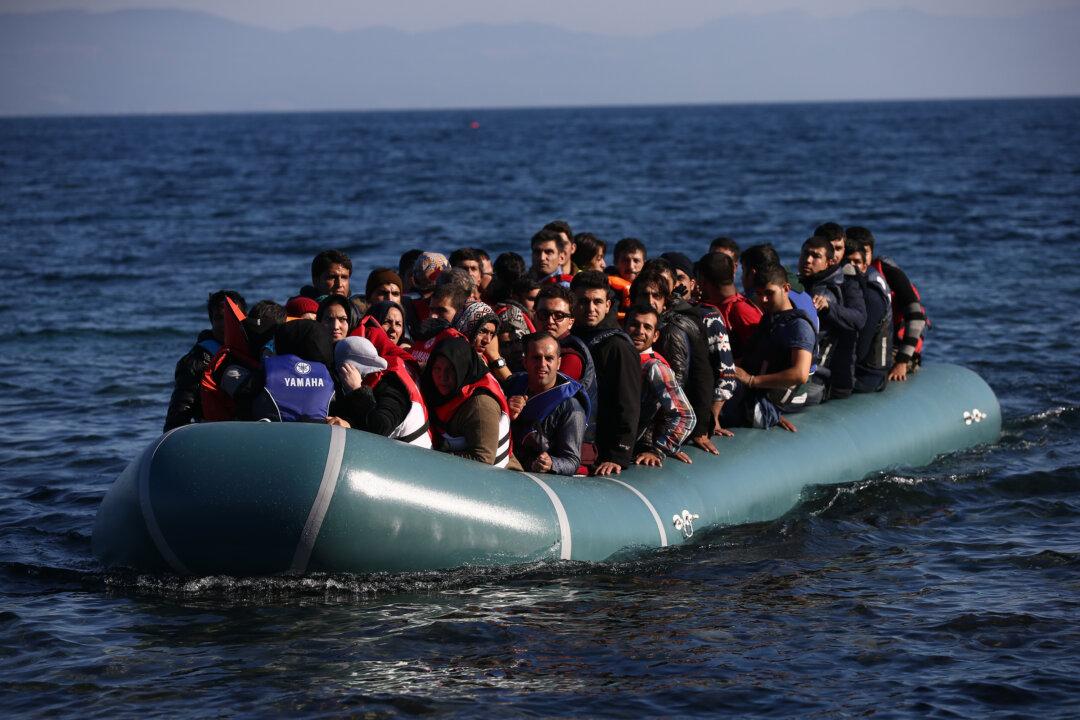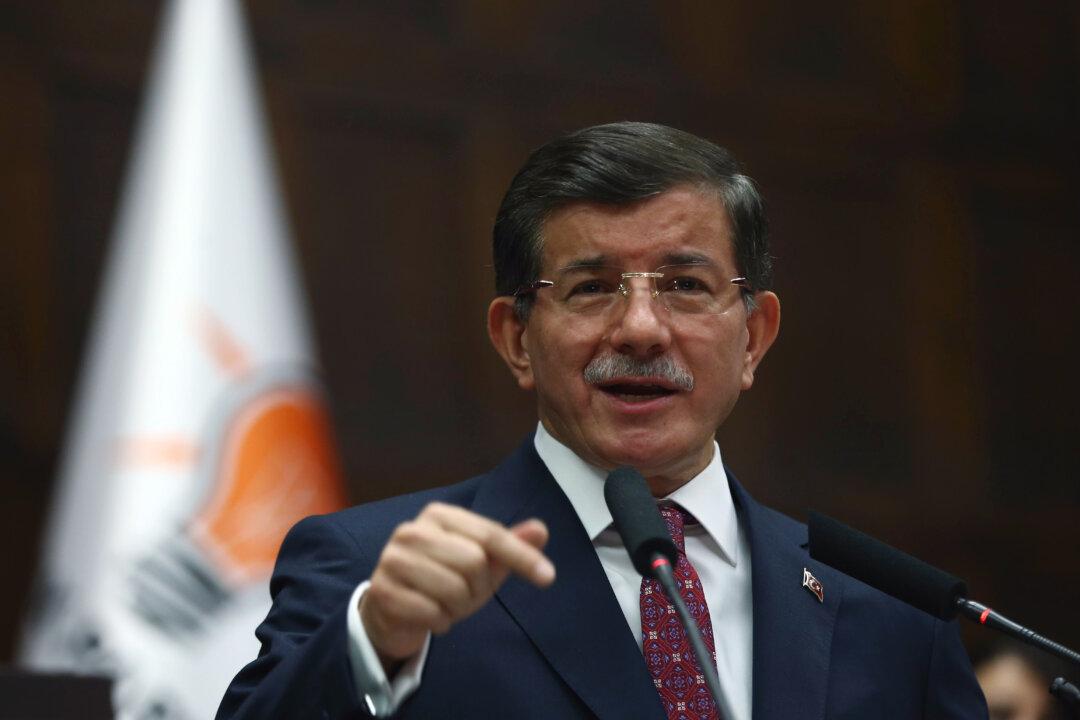Focus
Ahmet Davutoglu
LATEST
Turkey No Longer a Democratic Model for the Middle East
Turkey was expected to offer a democratic model for other Muslim nations in the Middle East. Instead, the country under President Recep Erdogan is displaying familiar authoritarian tendencies, with the Kurdish minority as a special target. “The parliament’s May 20 decision to approve an amendment to the Constitution to strip a select group of MPs, many from the predominantly Kurdish HDP, of immunity from prosecution may be the last nail in the coffin of the Turkish democratic experiment,” explains Mohammed Ayoob, author and professor emeritus of international relations at Michigan State University. “This amendment sponsored by the ruling AKP was passed with the help of ultra-nationalist MHP members viscerally opposed to any concession to Kurdish demands.” Refusal to work with the Kurds has divided the ruling AKP Party with the resignation of Prime Minister Ahmet Davutoglu. Turkish policies, including attempts to neutralize Kurds’ political power and target Kurdish fighters along the Syrian-Turkish border rather than the Islamic State, are eroding the nation’s regional and international standing.
|
Turkey’s Incoming Prime Minister Voices Devotion to Erdogan
Turkey’s ruling party held a special convention on Sunday to confirm a longtime ally of President Recep Tayyip Erdogan as its new chairman and next prime minister, a move that is likely to consolidate the Turkish leader’s hold on power.
|
How Turkey Became a Dictatorship
The forced resignation of Turkey’s Prime Minister Ahmet Davutoglu suggests only one thing—President Erdogan, who is totally absorbed by his lust for power, will tolerate no one in his government to deviate from any of his political positions. Prime Minister Davutoglu was no exception.
|
German Chancellor Hopes to Bolster Political Career With Turkey’s Help
German Chancellor Angela Merkel hopes to bolster her sagging political career with Turkish initiative on refugees.
|
Turkey Withdraws Some Troops From Camp in Iraq
Turkey on Monday withdrew some of its soldiers from a camp in Iraq, its prime minister announced, days after Iraq had demanded that Turkish troops immediately leave its territory
|
Turkey’s Human Wave Assault on the West
For months, Western policymakers have agonized over what to do with the masses of Sunni Muslim migrants flooding Europe by the boatload, particularly Syrians. Largely missing from this discussion is the question of why this flood is happening.
|
Big Win by Turkey’s AKP Signals Vote for Stability
Turkey’s Justice and Development Party, also known as AKP, won 317 seats in the General National Assembly with Sunday’s election– more than expected and more than the 276 needed for a majority, but not enough to change the constitution directly. The results confounded pollsters since AKP failed to win a majority in June elections or form a coalition government. “Confronting renewed conflict with Kurdish militant groups and the devastating consequences of four years of war in Syria, Turks voted to continue current policies to manage the country’s long-running conflicts,” writes Chris Miller, associate director of Yale University’s Grand Strategy Program. Western partners are impatient with the Turkish president’s intolerance of opposition. The decisive win, combined with increased support for AKP from ethnic Kurds, could add pressure for a peace deal with Kurdish PKK militants, Miller explains. Turkey’s ruling party and the Kurds have reason to cooperate in battling Islamic State extremists that control large sections of neighboring Syria and threaten the entire region.
|
Turks Vote as Ruling Party Seeks to Claw Back a Majority
Turks headed to the polls Sunday for the second time in five months in a crucial election that will determine whether the ruling party can restore the parliamentary majority it enjoyed for 13 years.
|
Turkish PM Davutoglu Kicks Off Coalition-Building Talks
Turkey’s prime minister on Monday kicked off a first round of talks on forming a coalition government by meeting members of Turkey’s secularist party
|
Turkey No Longer a Democratic Model for the Middle East
Turkey was expected to offer a democratic model for other Muslim nations in the Middle East. Instead, the country under President Recep Erdogan is displaying familiar authoritarian tendencies, with the Kurdish minority as a special target. “The parliament’s May 20 decision to approve an amendment to the Constitution to strip a select group of MPs, many from the predominantly Kurdish HDP, of immunity from prosecution may be the last nail in the coffin of the Turkish democratic experiment,” explains Mohammed Ayoob, author and professor emeritus of international relations at Michigan State University. “This amendment sponsored by the ruling AKP was passed with the help of ultra-nationalist MHP members viscerally opposed to any concession to Kurdish demands.” Refusal to work with the Kurds has divided the ruling AKP Party with the resignation of Prime Minister Ahmet Davutoglu. Turkish policies, including attempts to neutralize Kurds’ political power and target Kurdish fighters along the Syrian-Turkish border rather than the Islamic State, are eroding the nation’s regional and international standing.
|
Turkey’s Incoming Prime Minister Voices Devotion to Erdogan
Turkey’s ruling party held a special convention on Sunday to confirm a longtime ally of President Recep Tayyip Erdogan as its new chairman and next prime minister, a move that is likely to consolidate the Turkish leader’s hold on power.
|
How Turkey Became a Dictatorship
The forced resignation of Turkey’s Prime Minister Ahmet Davutoglu suggests only one thing—President Erdogan, who is totally absorbed by his lust for power, will tolerate no one in his government to deviate from any of his political positions. Prime Minister Davutoglu was no exception.
|
German Chancellor Hopes to Bolster Political Career With Turkey’s Help
German Chancellor Angela Merkel hopes to bolster her sagging political career with Turkish initiative on refugees.
|
Turkey Withdraws Some Troops From Camp in Iraq
Turkey on Monday withdrew some of its soldiers from a camp in Iraq, its prime minister announced, days after Iraq had demanded that Turkish troops immediately leave its territory
|
Turkey’s Human Wave Assault on the West
For months, Western policymakers have agonized over what to do with the masses of Sunni Muslim migrants flooding Europe by the boatload, particularly Syrians. Largely missing from this discussion is the question of why this flood is happening.
|
Big Win by Turkey’s AKP Signals Vote for Stability
Turkey’s Justice and Development Party, also known as AKP, won 317 seats in the General National Assembly with Sunday’s election– more than expected and more than the 276 needed for a majority, but not enough to change the constitution directly. The results confounded pollsters since AKP failed to win a majority in June elections or form a coalition government. “Confronting renewed conflict with Kurdish militant groups and the devastating consequences of four years of war in Syria, Turks voted to continue current policies to manage the country’s long-running conflicts,” writes Chris Miller, associate director of Yale University’s Grand Strategy Program. Western partners are impatient with the Turkish president’s intolerance of opposition. The decisive win, combined with increased support for AKP from ethnic Kurds, could add pressure for a peace deal with Kurdish PKK militants, Miller explains. Turkey’s ruling party and the Kurds have reason to cooperate in battling Islamic State extremists that control large sections of neighboring Syria and threaten the entire region.
|
Turks Vote as Ruling Party Seeks to Claw Back a Majority
Turks headed to the polls Sunday for the second time in five months in a crucial election that will determine whether the ruling party can restore the parliamentary majority it enjoyed for 13 years.
|
Turkish PM Davutoglu Kicks Off Coalition-Building Talks
Turkey’s prime minister on Monday kicked off a first round of talks on forming a coalition government by meeting members of Turkey’s secularist party
|


